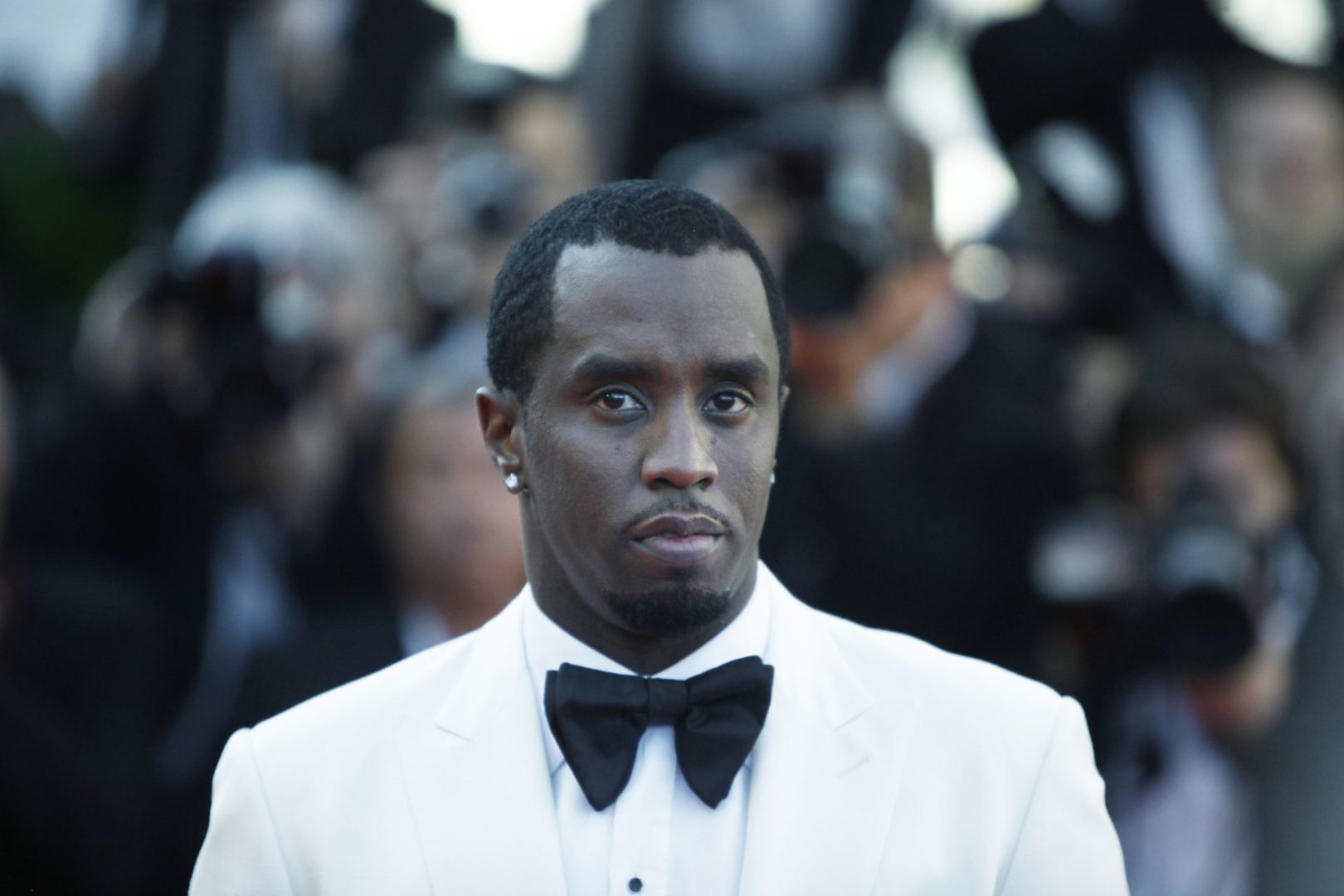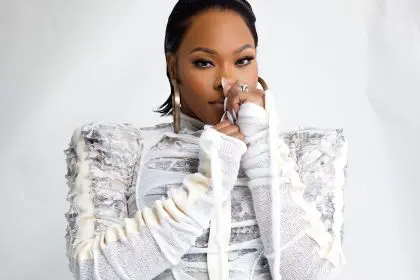Sean ‘Diddy’ Combs is facing two new charges in his sex trafficking case. The legal developments come amid growing scrutiny of the entertainment industry’s power dynamics.
The 55-year-old rap star – who is due to go on trial in the sex trafficking case in May – is now facing one more count each of sex trafficking and transportation to engage in prostitution. These new allegations have intensified public attention on the high-profile case that has rocked the music industry.
The new charges relate to Combs’ second accuser. Legal experts note that multiple accusers can significantly strengthen the prosecution’s case in human trafficking trials.
“The indictment — which has been obtained by PEOPLE — alleges that Combs “recruited, enticed, harbored, transported, provided, obtained, advertised, maintained, patronized and solicited [Victim-2], and attempted, aided and abetted, and willfully caused [Victim-2], to engage in commercial sex acts, knowing and in reckless disregard of the fact that Victim-2 was engaging in commercial sex acts as a result of force, fraud, and coercion.” Federal trafficking charges carry potential sentences of up to life in prison depending on the specific circumstances of the case.
Combs’ legal team has responded to the new charges by insisting that their client and his accusers were “involved in consensual relationships”. This defense strategy is commonly employed in trafficking cases involving adults with prior relationships.
“These are not new allegations or new accusers. These are the same individuals, former long-term girlfriends, who were involved in consensual relationships,” Combs’ attorneys said in a statement given to PEOPLE. “This was their private sex life, defined by consent, not coercion.” The distinction between consent and coercion will likely be central to both prosecution and defense arguments.
In March, Combs pleaded not guilty to federal charges of forced labor. The case has drawn parallels to other high-profile entertainment industry legal battles involving allegations of exploitation.
The music mogul appeared in court in Manhattan to face allegations that he forced some of his employees to work long hours on minimal sleep. Labor exploitation claims often accompany sex trafficking charges in cases involving powerful figures in the entertainment industry.
The record producer – who is currently being held at Brooklyn’s Metropolitan Detention Center as he awaits trial – has also been accused using physical, financial, or reputational harm, or threats, to exploit his ex-employees. Federal detention typically indicates the court found the defendant to be either a flight risk or potential danger to others.
Combs denied the allegations. His legal team has consistently maintained his innocence across all charges since the investigation began.
The hip-hop star, founder of the Bad Boys record label, is also facing charges of sex trafficking, racketeering and transportation to engage in prostitution. The racketeering charges allow prosecutors to present evidence of a pattern of alleged misconduct rather than isolated incidents.
The rap star appeared in court in September to plead not guilty to the charges. The arraignment was attended by numerous media outlets and supporters.
“Not guilty,” Combs replied when asked during a court hearing how he pleaded to the charges. Federal court procedures require defendants to verbally state their plea rather than simply nodding or gesturing.
Marc Agnifilo, Combs’ lawyer, subsequently said that the music star is determined to “establish his innocence.” Agnifilo has represented several high-profile clients in complex criminal cases throughout his career.
“He’s going to fight this. He’s innocent. He came to New York to establish his innocence,” Agnifilo told reporters outside the court. “We believe in him wholeheartedly. He didn’t do these things. There’s no coercion and no crime.” These public statements establish the core of what will likely be Combs’ defense at trial.
Combs is “not afraid of the charges” he’s facing, according to his lawyer. Defense attorneys often emphasize their client’s willingness to face accusations head-on.
“He’s been looking forward to this day, and he’s been looking forward to clearing his name,” Agnifilo added. The case has already significantly impacted Combs’ business interests and public image regardless of the eventual verdict.
The expanded charges come amid increased scrutiny of power imbalances in the entertainment industry. Several civil lawsuits have also been filed against Combs by other accusers in recent months making similar allegations.
The May trial date may still be subject to postponements, which are common in complex federal cases with multiple charges. Legal proceedings of this nature often take significantly longer than initially scheduled due to pre-trial motions and evidence gathering.












